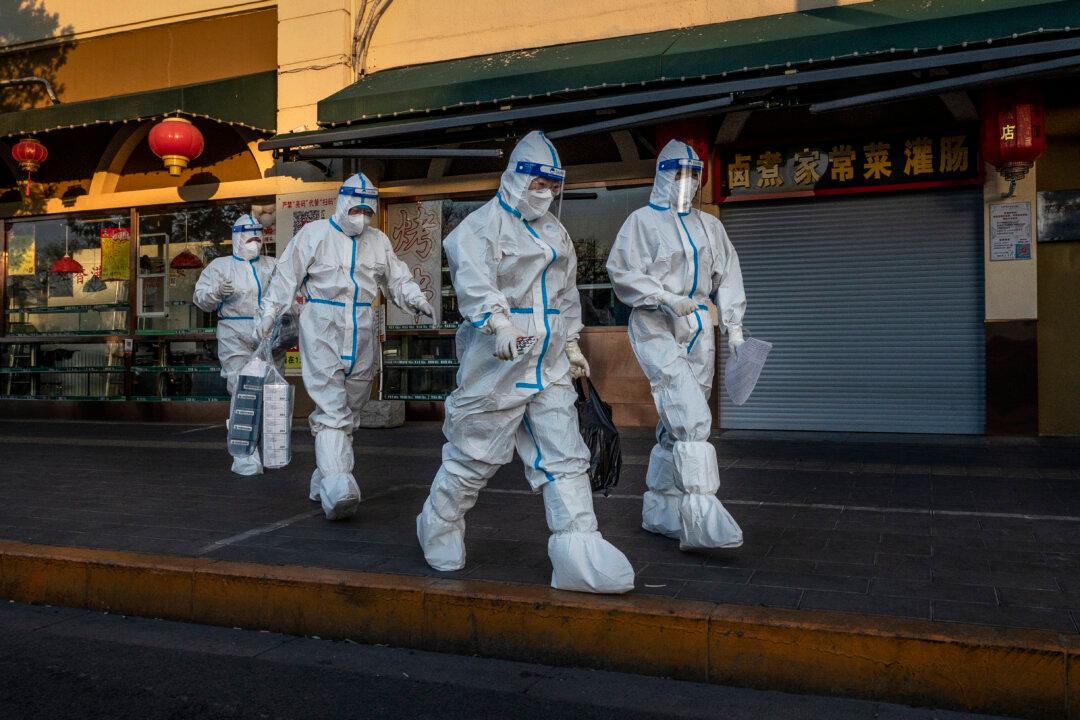The World Health Organization (WHO) on Dec. 30, 2024, restated its request for the Chinese regime to share data and access to help determine the origins of COVID-19, as the organization marked five years since the infection first emerged in the central Chinese city of Wuhan.
“This is a moral and scientific imperative,” the organization said in a statement. “Without transparency, sharing, and cooperation among countries, the world cannot adequately prevent and prepare for future epidemics and pandemics.”




